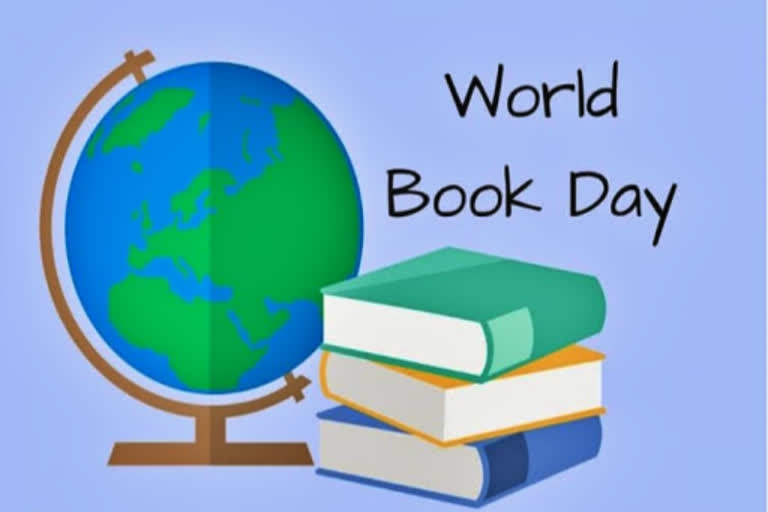Hyderabad: World Book Day, celebrated by UNESCO and other related organisations, is the global celebration of books and the art of reading.
This annual event is observed on April 23 -- a symbolic date in world literature -- as it is the date on which several prominent authors such as William Shakespeare, Miguel Cervantes and Inca Garcilaso de la Vega died.
World Book Day, also known as World Book and Copyright Day, or International Day of the Book, was first celebrated on 23 April 1995.
Each year a World Book capital is chosen by UNESCO for a period of one year. For 2020, Kuala Lumpur is the book capital, while the slogan is "KL Baca – "Caring Through Reading".
Purpose
On this occasion, worldwide tribute is given to books and authors and people are encouraged to discover the pleasure of reading. The UNESCO Prize for Children's and Young People's Literature in the Service of Tolerance is also awarded on this day.
Celebrations take place all over the world to recognize the scope of books - a link between the past and the future, a bridge between generations and across cultures.
The aim is also to increase the understanding among people regarding copyright laws and other measures to protect intellectual copyright. Copyright is a legal concept, enacted by most governments, giving authors or creators of original work exclusive rights usually for a limited time. Basically, it is the right to copy. It also gives copyright holder the right to be credited for the work and other, related rights. So, it is an intellectual property form.
Digital libraries can ensure continuity as COVID-19 puts brake to academic activity
As the world responds to the COVID-19 pandemic, most governments have temporarily closed all educational institutions. These nationwide closures have impacted 90 per cent of the world’s student population, while localized closures in other countries have affected millions of additional learners.
Consequently, there is a transition to distance learning on an unprecedented scale. Institutes are racing to shift their courses online; students are engaging en mass with e-books and e-learning; and researchers are drawing chiefly on electronic journals.As an emergency response, UNESCO has launched the Global Education Coalition to help countries scale up their best distance learning practices.
Digital libraries and publishers have risen to the occasion, offering more and more free content and curating personalized collections so that people can continue to read and learn without disruption. Indeed, as the demand for credible e-resources surges, digital libraries have emerged as vital pathways to high-quality e-books, journals and educational content.
In the Indian context, the relatively young National Digital Library of India (NDLI) – headquartered at IIT Kharagpur – has established itself the as country’s largest online learning platform.
A premier gateway to over 48 million e-books and knowledge products across disciplines, it has nearly 3 million regular users today.
The COVID-19 crisis has acted as an inflection point, throwing into sharp relief the many benefits of digital libraries. Indeed, digital libraries have demonstrated their potential not just to enable a richer, more diverse public domain, but to promote human development itself.
By championing books and copyright, UNESCO stands up for creativity, diversity and equal access to knowledge, with the work across the board – from the Creative Cities of Literature network to promoting literacy and mobile learning and advancing Open Access to scientific knowledge and educational resources.
With the active involvement of all stakeholders: authors, publishers, teachers, librarians, public and private institutions, humanitarian NGOs and the mass media, and all those who feel motivated to work together in this world celebration of books and authors, World Book and Copyright Day has become a platform to rally together millions of people all around the world.
ALSO READ: ICMR floats proposal for COVID-19 translational immunology research



